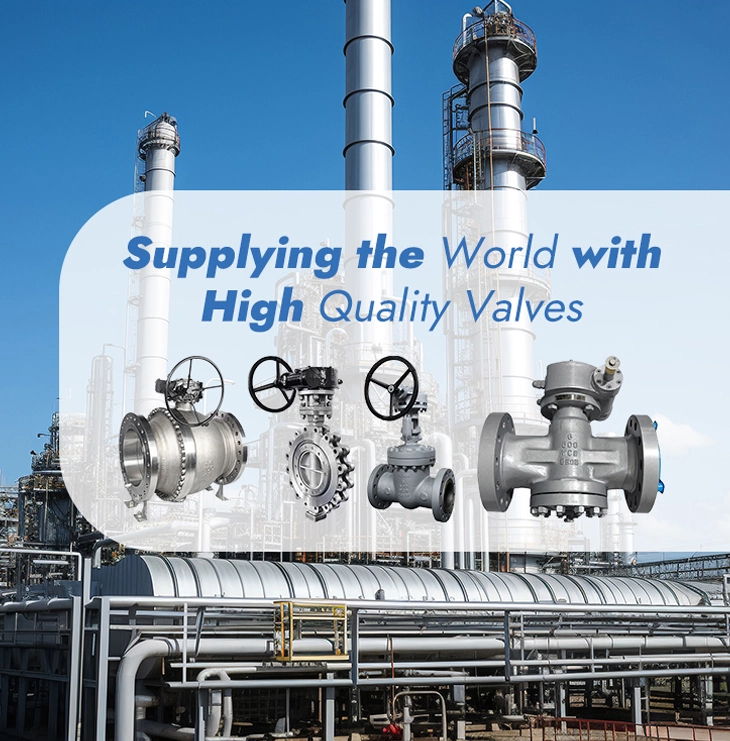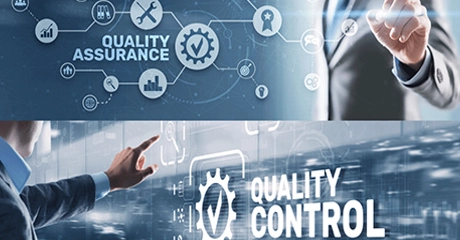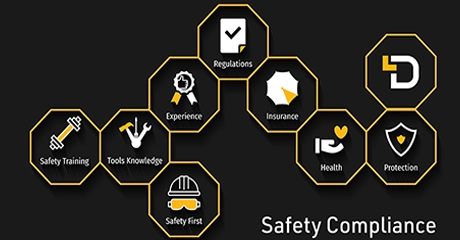
KFTE is an international leading manufacturer and supplier of industrial valves in the world. Our primary goal is to provide a unique solution for the services of Oil, Gas, Nuclear, Refinery, Chemical, Marine, Potable Water, Waste Water, Sewage, Power Station and Pipeline Industries.
KFTE has been specialized in the designing and manufacturing of Ball Valves, Plug Valves, Gate Valves, Globe Valves and Butterfly Valves since 2001s. A broad line of materials are offered and fabricated, Steel Material ranges from conventional cast or forged steel to special alloy materials like Monel, Inconel, Hastelloy or Duplex steel. Designing and Manufacturing standards strictly conform to API, ASTM, ANSI, AWWA, JIS, DIN, BS and ISO.
After over 2 decades of development and innovation, KFTE has acquired CE certification as well as the quality management system ISO9001. KFTE today has over 500,000 square feet manufacturing facilities and over 350 employees, through its conviction to provide only the sound quality products and perfect services to all of customers, KFTE has established itself as one of the leading active player in the valves industry.
KFTE always places the product quality and customers' needs on the utmost position and strives to better serve for our valued customers. Adhering to the tenet "Ultimate Craft Cast Advanced Industry", KFTE is stepping towards to the first class manufacturer and supplier of industrial valves and fittings in the world.

Emphasize the importance of producing high-quality valves that meet or exceed industry standards. Implement rigorous quality control processes and continuous improvement practices. Foster a culture where precision and attention to detail are paramount. Encourage employees to take pride in their craftsmanship.

Create an environment where new ideas are welcomed and innovation is encouraged. Invest in R&D to stay ahead of technological advancements. Promote a culture of continuous learning and development. Offer training programs and opportunities for employees to enhance their skills.

Make customer satisfaction a core value. Train employees to understand customer needs and provide exceptional service. Establish mechanisms for gathering and acting on customer feedback to improve products and services.

Prioritize workplace safety and ensure compliance with all relevant health and safety regulations. Regularly conduct safety training and audits.Maintain strict adherence to industry regulations and standards. Ensure all products are compliant with relevant certifications and requirements.

Foster a collaborative work environment where teamwork is encouraged and valued. Promote open communication and mutual respect among employees.Encourage collaboration between different departments (e.g., engineering, production, sales) to ensure cohesive and efficient operations.

Uphold high ethical standards in all business practices. Ensure transparency, honesty, and integrity in dealings with customers, suppliers, and employees. Engage in corporate social responsibility initiatives and contribute positively to the community and environment.
1. Establish Quality Standards and Specifications
Industry Standards: Adhere to relevant industry standards such as API, ASME, ISO, and others.
Customer Specifications: Ensure that customer-specific requirements are documented and understood.
Internal Standards: Develop internal quality standards that may exceed industry and customer requirements.
2. Raw Material Inspection
Raw Material Supplier Qualification: Evaluate and approve suppliers based on their ability to provide materials that meet your specifications.
Incoming Inspection: Inspect raw materials upon arrival for compliance with specifications. Use techniques such as chemical analysis, mechanical testing, and visual inspection.
Traceability: Maintain records of material certificates and traceability throughout the production process.
3. In-Process Quality Control
Process Control Plans: Develop detailed process control plans for each stage of manufacturing.
Operator Training: Ensure that operators are trained and understand the quality requirements.
In-Process Inspections: Conduct regular inspections during manufacturing, including dimensional checks, visual inspections, and functional tests.
4. Final Product Inspection and Testing
Dimensional Inspection: Verify that all dimensions meet the specified tolerances using precision measuring instruments.
Pressure Testing: Conduct hydrostatic and pneumatic pressure tests to ensure valve integrity and performance.
Functional Testing: Test the valve for proper operation, including opening and closing cycles, torque requirements, and leak tests.
Non-Destructive Testing (NDT): Use NDT methods such as radiography, ultrasonic testing, and magnetic particle inspection to detect internal and surface defects.
5. Documentation and Traceability
Inspection Records: Maintain detailed records of all inspections and tests performed.
Quality Certificates: Provide quality certificates and test reports to customers as required.
Traceability: Ensure that each valve can be traced back to its raw materials and production records.
6. Quality Audits
Internal Audits: Conduct regular internal audits to ensure compliance with quality standards and procedures.
Raw Material Supplier Audits: Perform audits of key suppliers to ensure they meet your quality requirements.
Customer Audits: Be prepared for customer audits and address any findings promptly.
7. Quality Management System (QMS)
ISO 9001 Certification: ISO 9001 certificate
QMS Documentation: Develop and maintain a comprehensive QMS that includes quality policies, procedures, and work instructions.
Management Review: Conduct regular management reviews to assess the effectiveness of the QMS and make necessary improvements.
8. Employee Training and Engagement
Quality Training: Provide ongoing training for employees on quality standards, inspection techniques, and problem-solving methods.
Employee Involvement: Encourage employees to participate in quality improvement initiatives and provide feedback on quality issues.
9. Customer Feedback and Satisfaction
Customer Feedback: Collect and analyze customer feedback to identify areas for improvement.
Complaint Management: Address customer complaints promptly and effectively.
Customer Satisfaction Surveys: Conduct regular surveys to gauge customer satisfaction and identify opportunities for improvement.